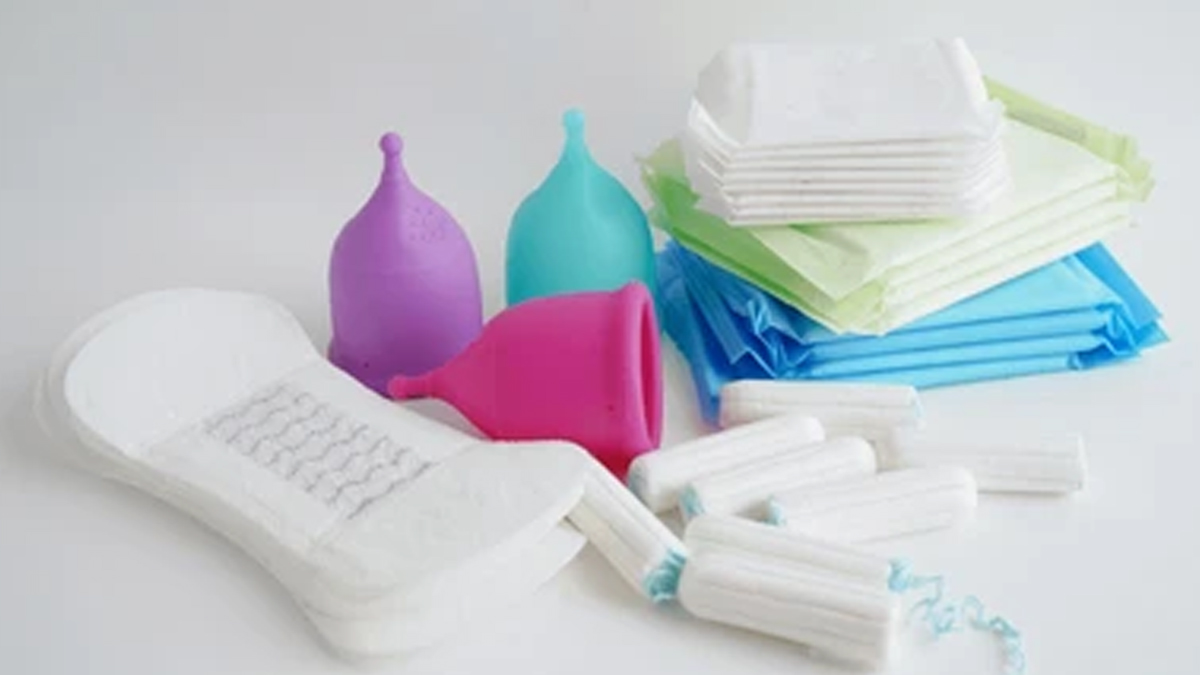
Have you ever caught yourself gazing at a shelf of intimate washes, wipes, and sprays, wondering if you should be doing more down there? It's easy to get overwhelmed when intimate hygiene is sold like a multi-step skincare routine. But here's the thing: your body's already doing a lot of the work for you. Creating a healthy intimate hygiene practice isn't about loading up on products or pursuing a so-called 'fresh' sensation; it's about keeping things simple, gentle, and safe.
Table of Content:-
Tips To Build An Intimate Hygiene Routine Without Going Overboard
Understand the Basics: Vagina vs Vulva

First things first, let’s clear up the confusion. The vagina is internal, and it cleans itself naturally through secretions. The vulva is the external part, which you need to clean gently. Many people use harsh soaps or scented products on both, thinking they are doing the right thing.
For daily cleansing, lukewarm water is enough. If you need more, opt for a mild, fragrance-free cleanser, preferably one labelled gynaecologist-tested or pH-balanced. But use it only on the external vulva, not inside the vagina. According to a 2018 study, which surveyed Canadian women, more than 95% used at least one product in or about the vaginal area. But they irritate the sensitive skin and disrupt the natural flora, causing infections.
Steer clear of anything with intense perfumes, dyes, or alcohol. That 'fresh' sensation some products advertise often comes at the expense of irritation, itching, or bacterial imbalance.
Ditch the Douches and Gimmicks
Douching isn't required. It can cause more harm than good by stripping the healthy bacteria away that prevent infection, such as yeast infection and bacterial vaginosis. A 2022 study concluded that intravaginal activities, including douching, are associated with a higher risk of infection. Hence, avoid deodorising sprays, scented wipes, and other so-called 'feminine' items.
Also Read: Why You Should Avoid Using Wet Wipes For Intimate Hygiene: An Expert Sheds Light
Wear Breathable, Cotton Underwear

Your underwear choice is more important than you realise. Synthetic materials trap heat and moisture, providing a breeding ground for fungi and bacteria. Cotton, however, lets your intimate region breathe. Try going commando to allow the region to remain dry and comfortable.
Change Out of Damp Clothing Promptly
Sitting around in hot, sweaty gym gear or a damp swimsuit may not be such a big thing, but it is. Moist surroundings welcome yeast and bacteria to host a party. Always change to dry clothes as soon as possible after exercising or swimming.
During Periods: Keep It Clean, Not Complicated

Menstrual hygiene is crucial, but again, keep it simple. Change your pad, tampon, or menstrual cup regularly (every 4–8 hours, depending on flow). Wash your hands before and after changing, and avoid using scented period products.
If you use a menstrual cup, sterilise it between cycles and wash it with mild, unscented soap during use. You don’t need special wipes or sprays.
Also Read: Ladies, Know 5 Intimate Hygiene Mistakes That You Might Be Committing
Post-Sex Hygiene: A Gentle Rinse is Enough
After sex, it’s a good idea to urinate. This will clear any bacteria from the urethra and can help decrease the risk of UTIs. You can also rinse your vulva gently with water. Soap and scrubbing are not needed. If you have sex toys, make sure to clean them thoroughly after use.
Listen to Your Body
Itching, unusual discharge, a strong odour, or discomfort are signs something’s off. Don’t try to mask them with washes or sprays. Talk to a doctor instead. Self-diagnosing and over-cleaning can often make things worse.
Keep It Clean, Not Complicated
Building an intimate hygiene routine shouldn’t feel like a full-time job. Think minimal, gentle, and respectful of your body’s natural design. Remember, the goal isn’t to smell like a bouquet of roses; it’s to feel clean, comfortable, and healthy in your skin. Sometimes, less really is more.
[Disclaimer: This article contains information for informational purposes only. Hence, we advise you to consult your professional if you are dealing with any health issue to avoid complications.]
How we keep this article up to date:
We work with experts and keep a close eye on the latest in health and wellness. Whenever there is a new research or helpful information, we update our articles with accurate and useful advice.
Current Version